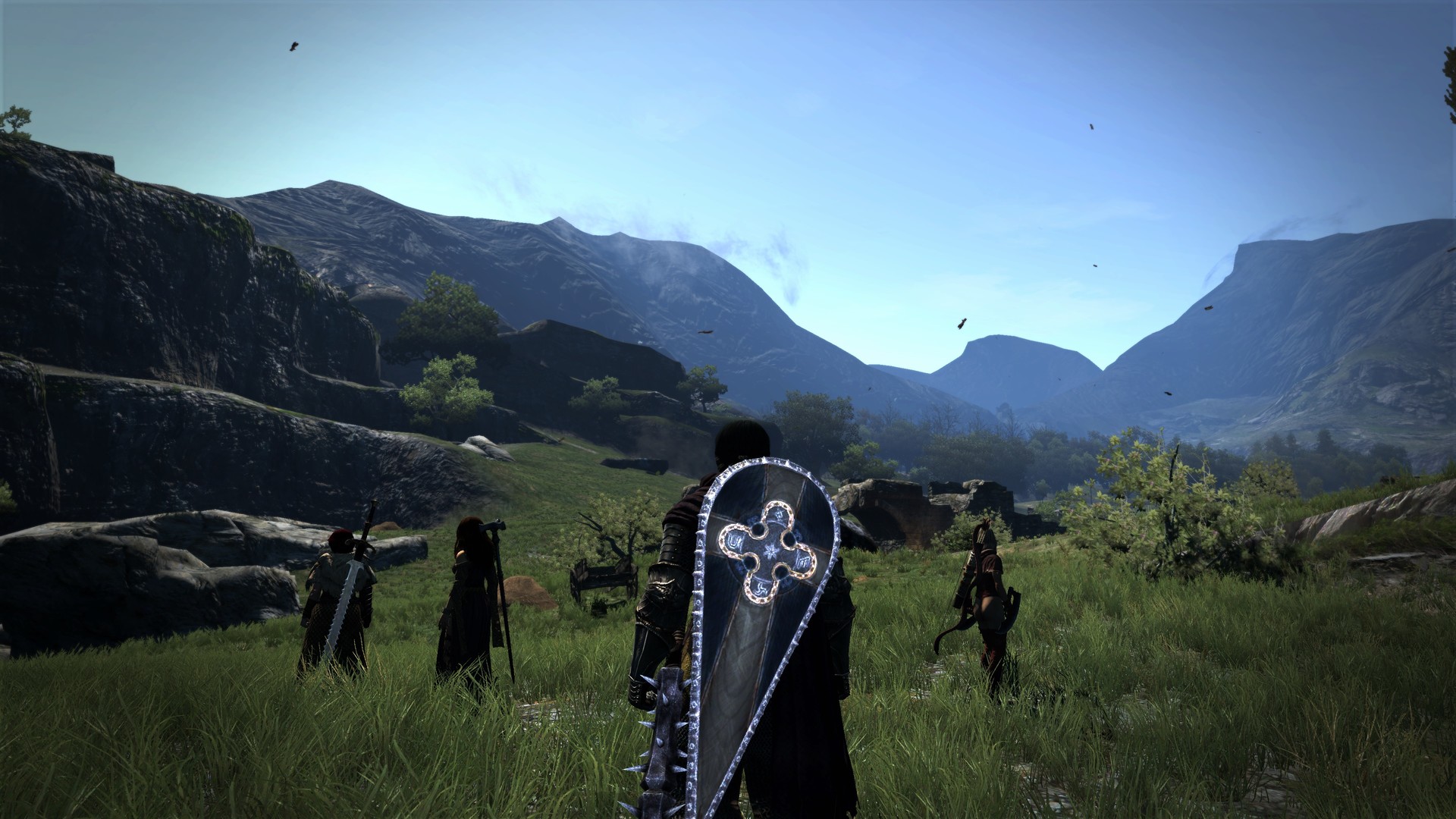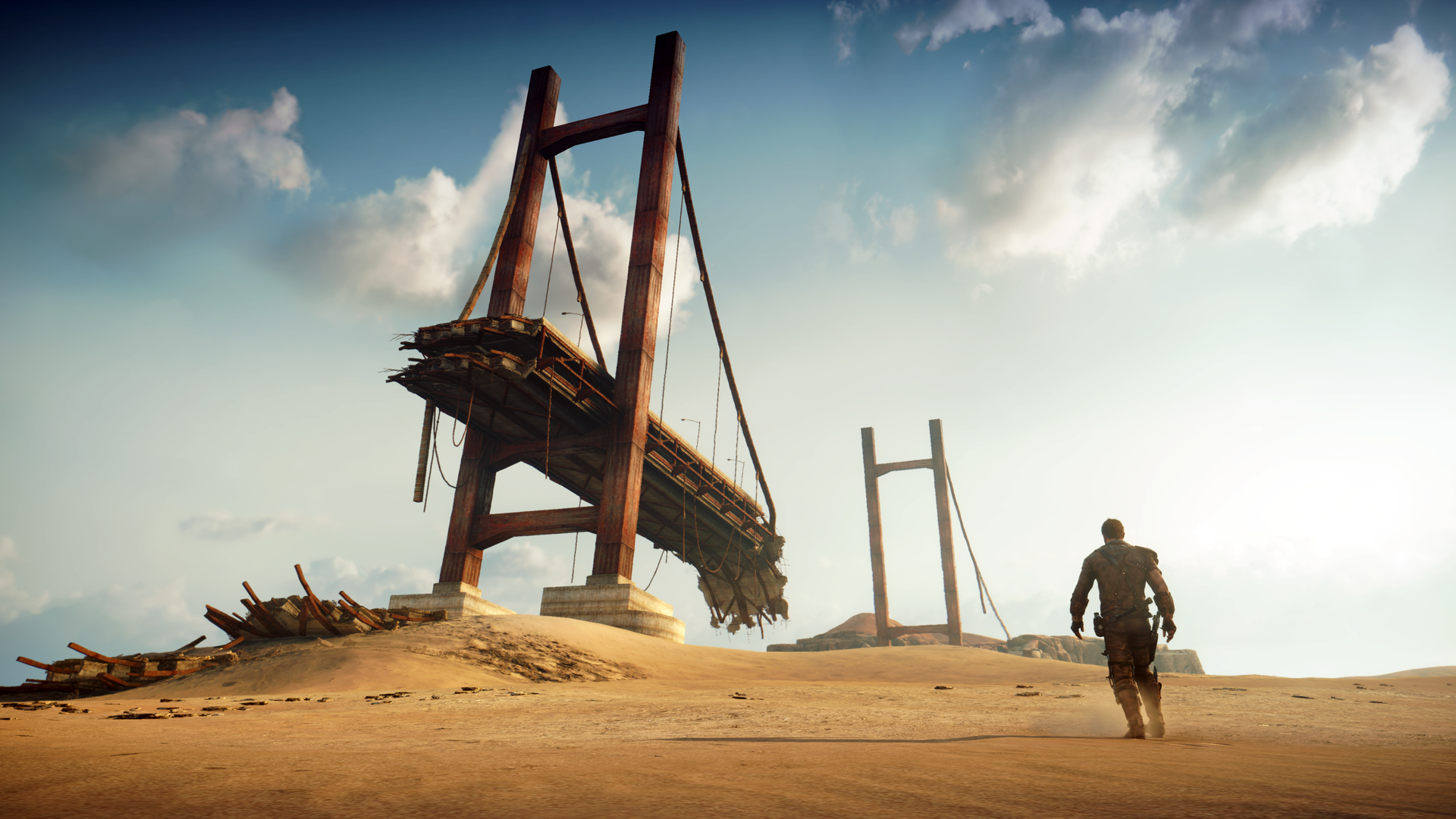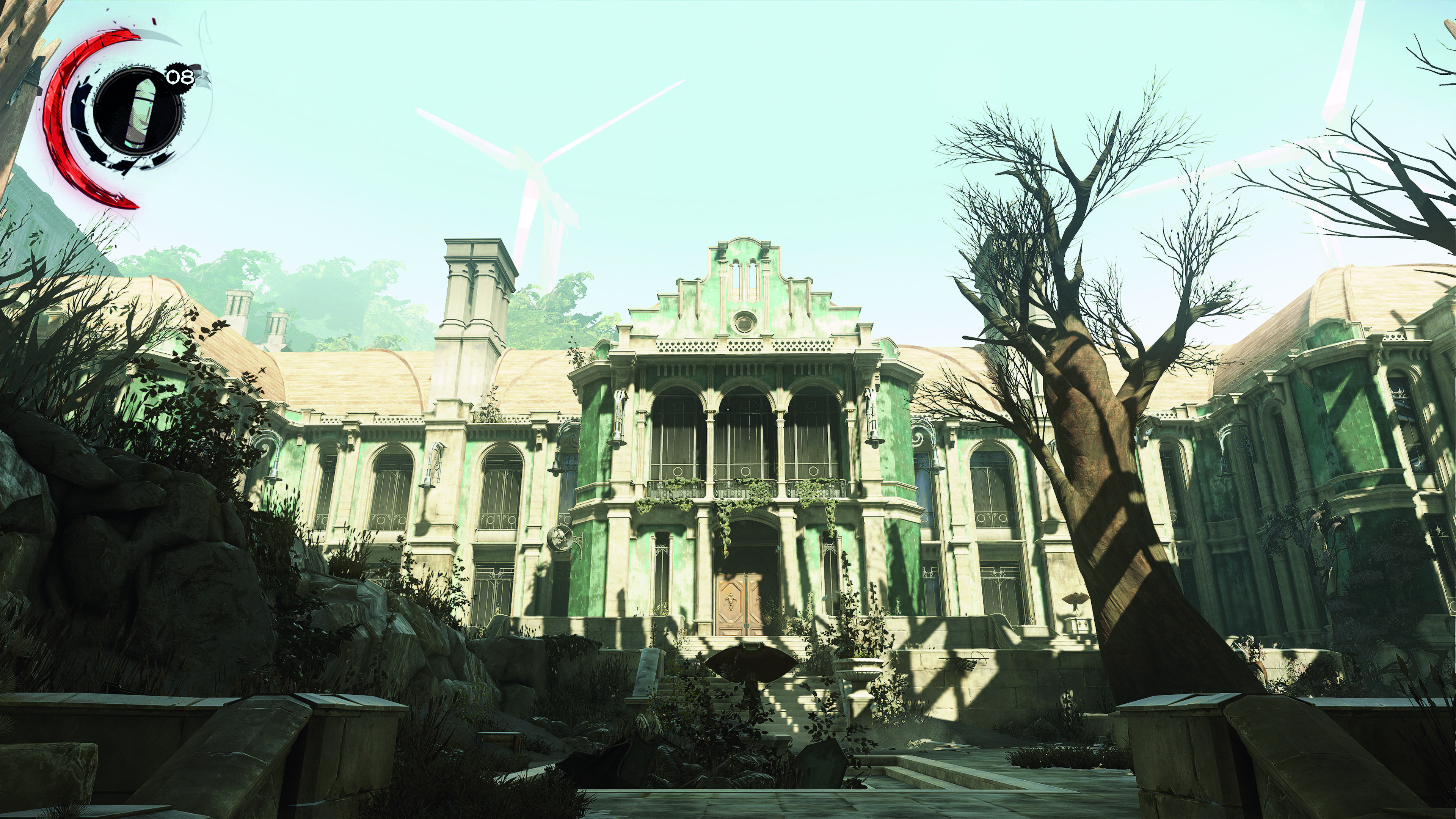It's time for open world games to ditch the question marks | PC Gamer - abarcaalts1960
IT's time for unobstructed world games to ditch the question marks

One of the more common complaints about modern open world games is how they have become exercises in 'image-chasing', where you drop most of your prison term pinging between dozens of divers doubt-marks connected a map out, hurry to sweep them raised like a weaponised cleaner. It turns what should comprise a freed-peppy adventure into an complete to-practise-number, and can make what should glucinium your relaxation time feel more like work.
The doubtfulness, of course, is how do games resolve this? One potential resolution would be to make overt-worlds smaller and easier to complete. Merely size alone International Relations and Security Network't the problem, IT's what open-worlds do with these spaces. Pointing players at the 'absorbing' bits of your open world implies that everything between those icons, which likely totals most of your game world, isn't newsworthy. But susceptible humankind games are supposed to beryllium about these spaces. They exist specifically to be journeyed through.
And then possibly the solution is to make the act of journeying more interesting. Many public world games acknowledge that journeys should non be entirely passive. Skyrim occasionally accosts you with a brigand happening a route, while Red Exsanguine Redemption might spawn a horse thief that nicks your steed and forces you to chase them pop. These are stairs in the right direction, but the problem with such randomly spawning events is that they are circumstantial events. They repeat themselves, which quickly turns from being a gaud into an irritation, ambitious your finger toward the fast-travel release.

To rattling create that sense of take a chance, to make a role player's journey feel meaningful, open world games motive to place much greater emphasis connected what happens on the road, rather than where the road ends. In Dragon's Dogma, many of its most spectacular fights happen patc en-route to other places. You might try to take a shortcut through a mine and end up battling a huge cyclops, or glide slope the city of Gran Soren only to Be attacked by a giant bird monster, forcing you to grapple onto its body and bring it devour in-flight. The game is basically a fantasy road-trip, and the way information technology approaches encounter design makes it feel more individual and unpredictable than a more formatted open world.
Ideally though, you want your game to be capable to generate such experiences from the systems themselves. A surprisingly good instance of this is Roll down's Max Goop. Mostly, Mad Easy lay uses a by-the-numbers pool wide-open world template, filling its wasteland with same activities. But the game also features dynamic lightning storms that clobber the terra firma with thunderbolts and kick up dust that can knocking Soap flying. These storms can cross with other courageous features and systems, such as the bandit convoys you can following around the represent. Trying to harpoon cars off the road while being peppered by lightning, or squaring finished for a fistfight against a bandit solely to watch them get poleaxed aside a flying chunk of scrap, is the exact rather unique moment that open universe games were ever intended to produce.
But the accepted champion of the open public journey is Death Stranding. Unequal virtually every other admissive-world game, everything unputdownable in Death Stranding happens en-route to someplace else, whether IT's sneaking quietly through with a nest of BTs, or dashing to evade the physical phenomenon spears of a gang up of tech-supperless Mules. Sam Harry Bridges is basically an apocalyptic postman, and Death Stranding understands that a postman's job becomes interesting not when they thrust the letters through with the letterbox, but when they commence chased down Wall Street by the Alsatian at number 32.

More than importantly still, Death Stranding makes the terrain itself an active participant live. You're not simply travelling through with it, gawping at the scenery and watching for points of interest. You're plotting a itinerary across a ridgeline, deploying ladders and ropes to create brand-new pathways up mountains and across ravines, establishing unused infrastructure so that your journey is easier close prison term, or just hard to stop Sam from falling on his buttocks piece descending a slope. Symmetrical death has a major impact along terrain, blowing huge craters in the landscape that clear your adjacent courier job a selfsame different know.
Death Stranding is built to keep you engaged in your milieu regardless of what those environs are. It achieves this through thinking about what its themes are, and how to bring up those into play happening a moment-to-moment foundation. There are other potential ways to do this. Reversive to Mad Max, as an alternative of victimization the beaten open world guide, what if everything in the secret plan was mobile, and Max was perpetually tracking and chasing huge, Fury Road-like convoys of vehicles, easy battling his style forward as the convoy travels across vast tracts of inhospitable and barren.
Alternatively, why constitute content with indefinite open public? One of the most riveting proto open-world games was Soul Reaver, because it actually had two versions of its world—the physical and spiritual realms—overlaid atop one some other. These worlds are siamese but different, which the pun uses to build environmental puzzles. A doorway in the physical world might non exist in the spiritual. This means you'ray constantly geared with the level design, looking for clues and inconsistencies that might reveal a passageway. You could smooth have actions in one world affect the other, much like Dishonored's time-travelling tied A Tornado in the Slab.

Or you could try something really weird like The Eternal Cylinder, a game in which you play a Spore-like creature that has to acquire and adjust to escape from a rolling pin the size of a mountain-ambit. IT sounds daft, merely the game looks fantastic, super-dynamic and susceptible-ended. IT's also an idea that could work in past contexts. Instead of fleeing from a titan cylinder, imagine an open-world Terminator crippled where you had no objectives but to evade a T-101 however you could, gearing up as you did so and searching for a right place for a showdown.
Before the phrase 'open-world' became du jour, this style of game was known past another terminus: sandbox. It conjures up a very distinct project, one not of uninterrupted horizons, but of a space studied specifically to encourage creative act, to facilitate uncomparable stories and experiences. This is what I want from future assimilative-world games. I'm tired of filling-tabu maps and checking activity boxes. I want open worlds to bring the chance to me.
Source: https://www.pcgamer.com/its-time-for-open-world-games-to-ditch-the-question-marks/
Posted by: abarcaalts1960.blogspot.com


0 Response to "It's time for open world games to ditch the question marks | PC Gamer - abarcaalts1960"
Post a Comment